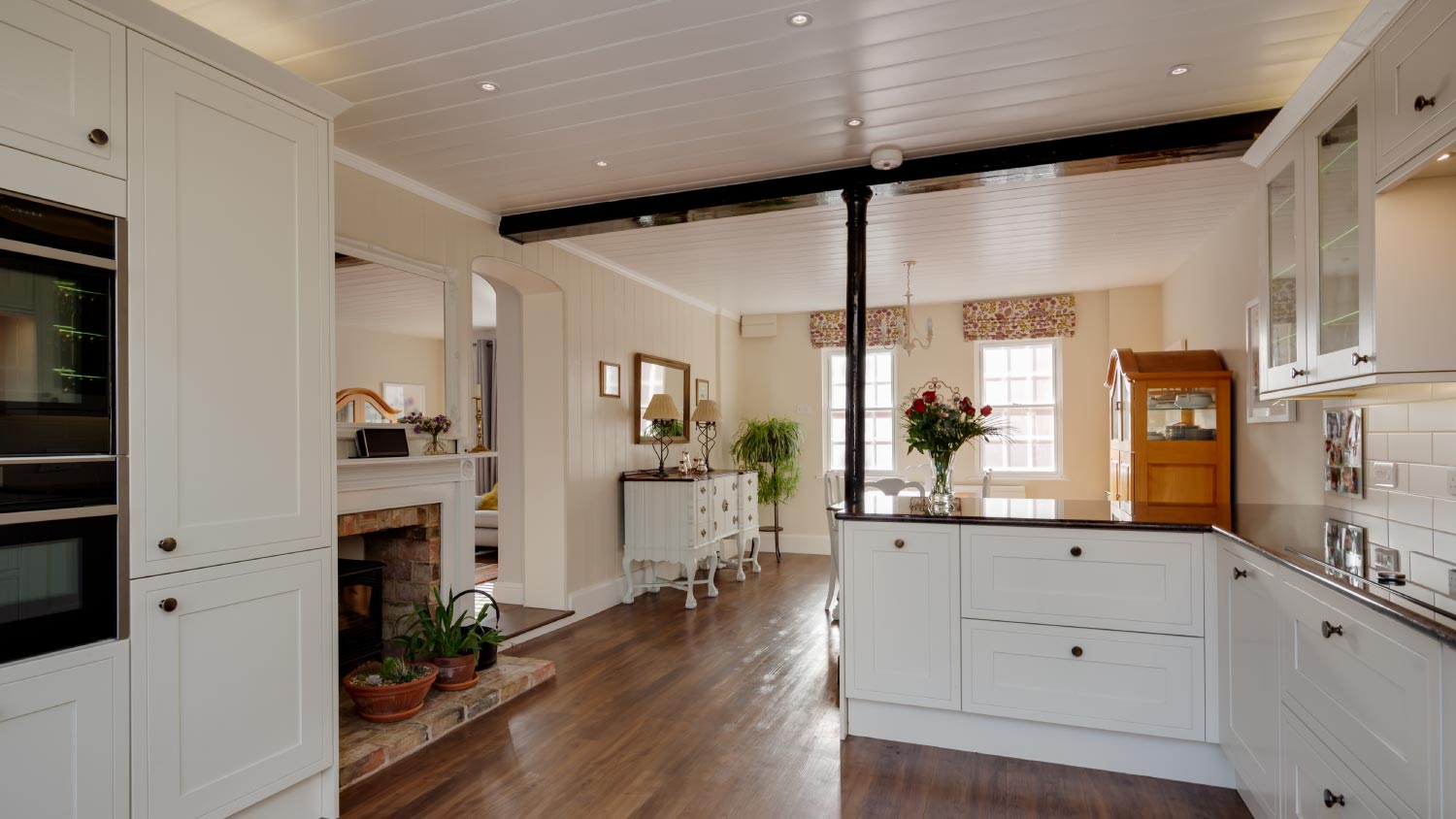
Pre-drywall inspection costs vary depending on the home size, build complexity, and reporting you receive. Estimate your budget with this cost guide.
Estimate your drywall weight before tackling a project


A standard-sized drywall sheet weighs 50 pounds on average.
However, drywall weights commonly range between 30 and 90 pounds.
The weight of drywall panels depends on several factors, including the panel’s thickness, size, and type.
Due to drywall’s heavy weight and bulky size, you should hire a pro for installation.
On average, drywall installation projects cost $2,100.
Drywall comes with plenty of benefits, but one of the drawbacks is that it’s fairly heavy and difficult to lug around, which is important to consider if you’re planning a DIY drywall installation. So, just how much does a sheet of drywall weigh? Let’s look at the most common weights for different drywall thicknesses.
Drywall doesn’t just come in different thicknesses and sizes. It comes in various weights, too.
| Dimensions in Feet | Thickness in Inches | Average Weight in Pounds |
|---|---|---|
| 4x8 | 1/4 | 34 |
| 4x8 | 3/8 | 38 |
| 4x8 | 1/2 | 39 |
| 4x8 | 5/8 | 70 |
| 4x10 | 1/2 | 49 |
| 4x12 | 1/2 | 59 |
| 4x16 | 1/2 | 80 |
.jpg?impolicy=leadImage)
There are a few factors that impact the weight of a drywall sheet, including its thickness, dimensions, and type.
There are several standard drywall thicknesses:
1/4 inches
3/8 inches
1/2 inches (the most common)
5/8 inches
Drywall panels also come in multiple sizes. They’re often 4 feet wide, with heights ranging between 8 and 16 feet. The most common dimensions are 4 by 8 feet, but the standard sizes are:
4 by 8 feet
4 by 10 feet
4 by 12 feet
4 by 14 feet
4 by 16 feet
As you might expect, thicker and larger drywall panels weigh more than thinner and smaller ones.
The type of drywall can also affect its weight. Lightweight drywall, for example, is 25% lighter than standard drywall.
There are multiple steps involved in installing drywall, including hanging it, taping and mudding the seams, and sanding. If you hire a professional crew, installing drywall takes a few days for an individual room or basement. For a 2,000-square-foot house, you can expect the project to take a week.
Square footage is a key factor in determining drywall installation costs, but it's not the only factor. Drywall companies consider how long it takes to complete the job, the location of damage and framing conditions, and if other repairs are needed—especially if water damage is involved.
On average, professional drywall installation costs between $990 and $3,200. Your price will depend on the type and thickness of the drywall, level of finish, local labor rates, and other factors. Drywall projects are labor-intensive, so hiring a local drywall pro is safer than DIYing unless you already have experience in drywall installation.
From average costs to expert advice, get all the answers you need to get your job done.

Pre-drywall inspection costs vary depending on the home size, build complexity, and reporting you receive. Estimate your budget with this cost guide.

Installing beadboard ceilings is a great DIY project. Learn what to expect cost-wise from this project, whether removing or covering a popcorn ceiling.

The cost to replace plaster with drywall can quickly add up. This guide will help you budget for this project and decide if it's worth the effort and cost.

How hard is it to hang drywall? It’s certainly not easy and there are potential pitfalls if you plan on going the DIY route. Read this guide for helpful tips.

Ceiling cracks along drywall seams come from improper installation, leaks, settling, and foundation issues. Read this to learn why you have ceiling cracks.

Drywall is made of a crushed mineral called gypsum sandwiched between two layers of paper. Find out more about the components of drywall in our guide.